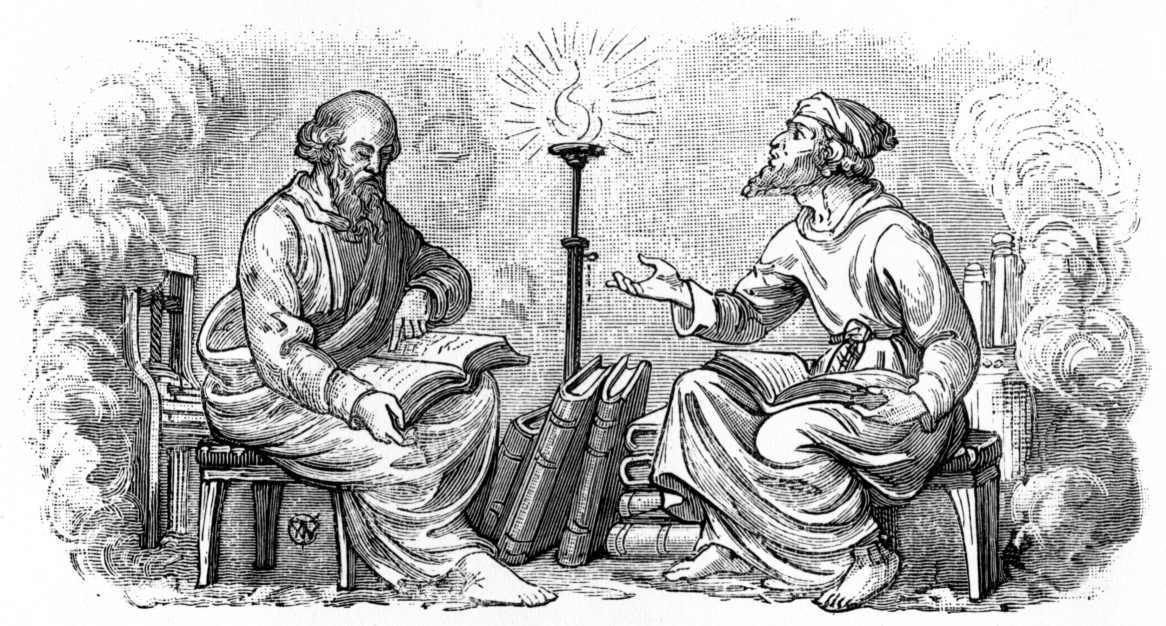 |
| Boy's Own Paper masthead, circa 1890s [Public Domain] via Flickr. |
 The Most Dangerous Game and Other Stories of Menace and Adventure by Ernest Hemingway
The Most Dangerous Game and Other Stories of Menace and Adventure by Ernest HemingwayMy rating: 4 of 5 stars
Sometimes I fear reading short story collections like this are little more than entertainment. Masculine, turn of the century Boy's Own macabre entertainment in this case. But writing about one's reading has its own kind of spiral effect, where learning about the authors leads from one thing to another.
I purchased this book online because it listed Hemingway as the author and I had never heard of "The Most Dangerous Game". This title piece is actually by Richard Connell, and reminds me of Scott Fitzgerald's "The Diamond as Big as the Ritz". Hemingway's work was "The Killers" (with the racism appropriately edited out), which seemed somewhat out of place with the other authors' work.
Five of the eight authors were all new to me, but I am pleased to own a copy of Jack London's "To Build a Fire" which I had only heard previously in a YouTube video narration.
Each of the stories has some form of inevitability as its theme, especially Ambrose Bierce's "An Occurrence at Owl Creek Bridge", the residue of which is still clinging to my thoughts. Kurt Vonnegut (another author I am yet to get around to) wrote in his 2005 work, Man Without a Country (p. 17):
Do you know what a twerp is? ...I consider anybody a twerp who hasn’t read the greatest American short story, which is ‘Occurrence at Owl Creek Bridge’ by Ambrose Bierce.
In the same book, Vonnegut (p. 18) writes:
‘Socialism’ is no more an evil word than ‘Christianity.’ Socialism no more prescribed Joseph Stalin and his secret police and shuttered churches than Christianity prescribed the Spanish Inquisition.
He sounds like my kind of author.
H.G. Wells' "The Country of the Blind" was also new to me, but of course I have read his work previously. The others, which include H.H. Munroe (Saki), W.W. Jacobs, and Carl Stephenson are all freshly discovered and open up for me an entirely unexplored area of turn of the century literature.
Sometimes, taking a break from the classics and the odd tome is necessary to give me the feeling that I am getting somewhere with my reading. On writing about my reading, I find many lessons that I would have missed had I just consumed, rather than digested, the work.
The sense of inevitability that permeates this collection is not of the hopeless sense: sometimes we are just lucky. But the themes mirror a key Stoic lesson about luck. When someone else is unlucky, remember - Fortune was aiming at me.
H.G. Wells' "The Country of the Blind" was also new to me, but of course I have read his work previously. The others, which include H.H. Munroe (Saki), W.W. Jacobs, and Carl Stephenson are all freshly discovered and open up for me an entirely unexplored area of turn of the century literature.
Sometimes, taking a break from the classics and the odd tome is necessary to give me the feeling that I am getting somewhere with my reading. On writing about my reading, I find many lessons that I would have missed had I just consumed, rather than digested, the work.
The sense of inevitability that permeates this collection is not of the hopeless sense: sometimes we are just lucky. But the themes mirror a key Stoic lesson about luck. When someone else is unlucky, remember - Fortune was aiming at me.
 Donate
Donate







